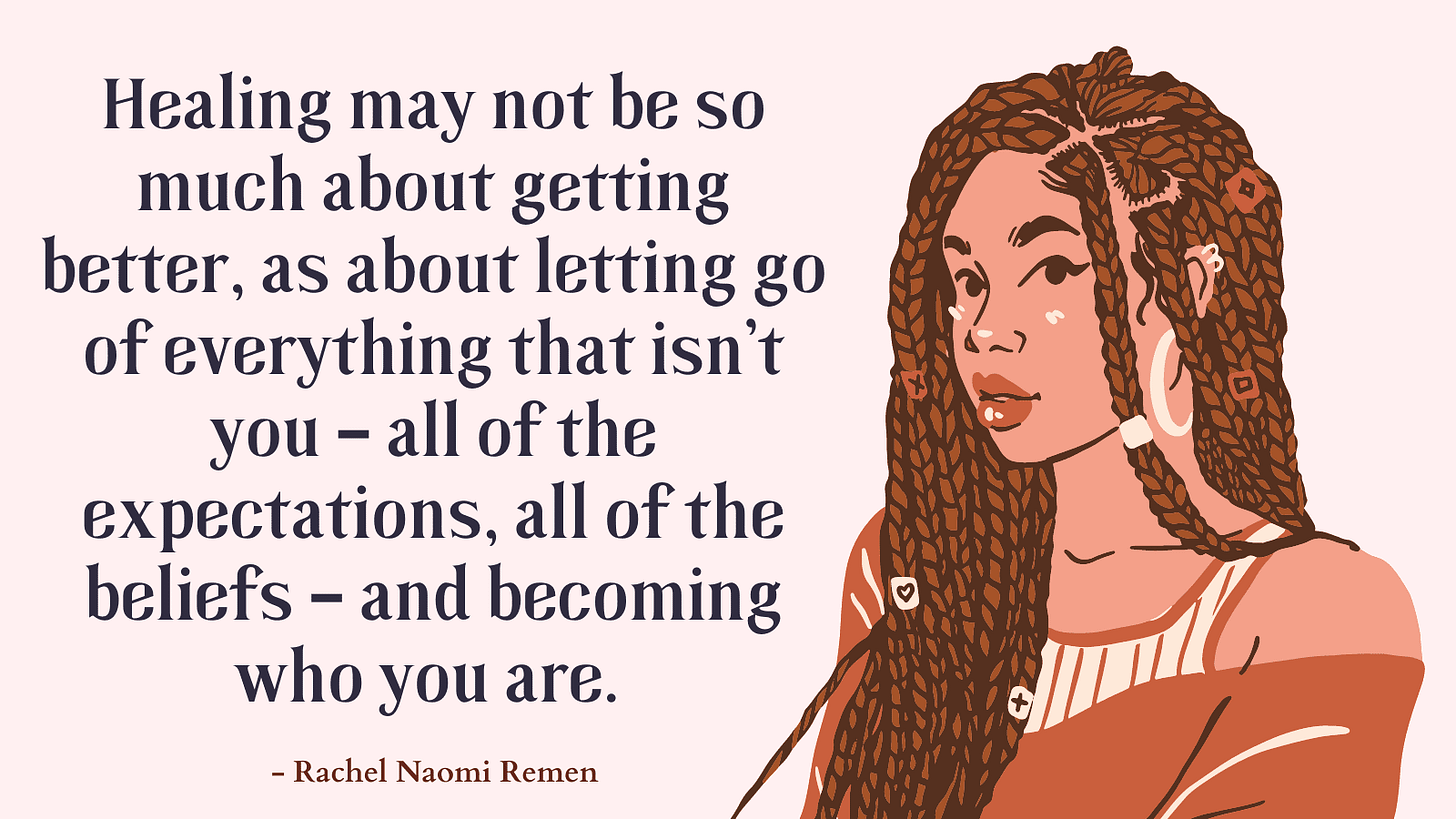The Western Ouroboros: Prolonged Infancy within Modern Society
Symbiotic Culture and the "Strong One" Narrative
Within the last article we wrote about the symbiotic stage and how this can still manifest within adulthood. The three article series explores how many individuals in Western culture, despite outwardly adhering to the values of individualism and autonomy, remain emotionally stuck in early developmental stages, often referred to as the symbiotic phase. In this phase, boundaries between the self and others are blurred, and emotional needs are thus unconsciously projected onto the external world. These patterns, if thus left unaddressed, create a barrier to emotional growth and personal transformation. Within the first article we covered first the basics of the ego structure and the mechanism at play. Yet now we head into how this plays out in Western Society itself. Modern Western culture reflects this unresolved developmental stage we covered in the previous article in various ways:
Consumerism and External Validation: People seek happiness and fulfillment in material possessions, social status, or online recognition, mirroring the infant’s reliance on external sources for comfort and identity. Also think transitional objects that they use to self-soothe.
Polarization and Splitting: Also the inability to hold complex or nuanced perspectives often manifests in cultural phenomena like ideological extremism, where people divide the world into rigid “good” and “bad” categories, an echo of the psychological defense mechanism of splitting. Which is visible in the increasing level of political polarisation we are seeing in modern culture.
Emotional Projection in Relationships: Romantic and social relationships next are often fraught with projective identification, where people thus unconsciously project their unmet needs or unresolved emotions onto others, expecting them to provide the validation or care they lacked in childhood.
Addiction and Avoidance: High rates of substance abuse, workaholism, and digital distractions reveal an underlying inability to self-soothe or confront unresolved emotional pain.
Attachment Styles and the Symbiotic Stage
In Western psychology, particularly within attachment theory, the influence of early bonding and symbiotic relationships is well-documented. Secure attachment is associated with healthy independence and the ability to form meaningful, and thus interdependent relationships later in life. However, insecure attachment (e.g., anxious or avoidant attachment) may reflect difficulties in the transition from the symbiotic phase to individuation. Research indicates that attachment styles, which are foundational to emotional development, are established early in life and can persist into adulthood. A study on the Symbiotic Bond Questionnaire found that the prevalence of attachment styles in adulthood mirrors those observed in infancy, suggesting that early developmental stages have a lasting impact on emotional regulation and interpersonal relationships. Which is also shown in the 1999 study conducted by Howard Steele & Miriam Steele, called Exploring Developmental Psychology.
A study published in the Journal of Personality and Social Psychology also similarly explored how insecure attachment styles often contribute to difficulties in relationship dynamics, reflecting ongoing struggles with autonomy and emotional regulation, which stem from disrupted early attachment bonds. Many people in Western societies show patterns of emotional dependency or difficulty separating from caregivers or intimate partners, which can be seen as an extended form of symbiosis. Western cultures, particularly those in the U.S. and parts of Europe, emphasize individualism, personal success, and self-reliance. However, this emphasis can sometimes come with a disconnected or isolated sense of self. Despite the ideal of independence, many individuals may still experience difficulties achieving a clear separation between self and others, especially in close interpersonal relationships. This can be seen in:
Emotional dependency in romantic or familial relationships, where partners expect their emotional needs to be met in a manner similar to symbiotic relationships. This is often reflected in issues like co-dependency, where the boundaries between individuals become blurred.
Social media culture, which often prioritizes validation through external sources (likes, comments) and the projection of a curated identity, can reinforce the over-dependence on emotional mirroring from others. This mirrors a form of ego validation that is reminiscent of the symbiotic phase of development.
Studies, such as Valkenburg, P. M., Krenn, S., & Zalk, M. (2017). "Social media use and self-esteem." Cyberpsychology, Behavior, and Social Networking, suggest that self-presentation and validation on social media are driven by unconscious emotional needs, further indicating how symbiotic-like dynamics persist into adulthood. Where the study, Toma, C. L., & Hancock, J. (2013). "Self-affirmation underlies Facebook use." Personality and Social Psychology Bulletin, on social media's impact on self-esteem revealed that many individuals use platforms to gain validation, thus also mirroring the symbiotic dynamics of childhood. In Western societies, there's a noticeable trend toward extended adolescence, as young adults remain financially and emotionally dependent on their parents for longer periods of time. This phenomenon suggests a delayed process of individuation and may be connected to the maintenance of this symbiotic bond. Research has shown that in Western societies, the increasing trend of young adults living with parents until their late 20s or early 30s is not only linked to socio-economic factors, but also reflects a broader cultural pattern of emotional enmeshment in family systems and the difficulty in fully severing emotional ties that are characteristic of the symbiotic phase. (Sykes, et al., 2020, The Influence of Family Relationships on Young Adults' Mental Health)
The thing is that the expectation of emotional mirroring (i.e., reflecting an emotionally responsive or caring demeanor) within professional and personal interactions also resembles symbiotic emotional dynamics, especially when the mirroring is not balanced with authentic emotional independence. Putting people into positions of "emotional labor" without having their own meets met. So many use emotional mirroring to keep up a superficial layer of kindness, however both parties fail to be actually vulnerable, leaving their actual needs unmet. Keeping the inner child of the person stuck in patterns of “performing” for others, whilst feeling beyond acceptance. Studies in emotional intelligence have also then found that many people in Western societies struggle to differentiate their own feelings from those of others, showing signs of emotional enmeshment, which is closely tied to symbiotic development. Which is also highlighted in the study by Goleman in 2006 on Emotional Intelligence.
One aspect of symbiotic dynamics that carries over into adulthood is the inability to differentiate self from other in terms of group identity. Western cultures are often characterized by strong in-group vs. out-group dynamics, where people form group identities based on shared beliefs, values, or behaviors. Political and cultural divisions (e.g., liberal vs. conservative, religious vs. secular) in Western societies also mirror the splitting that occurs in developmental phases. These us vs. them mentalities reflect the lack of differentiation between groups that is characteristic of the pre-objective stage in early development, where people unconsciously project their own repressed qualities onto others. Which includes the inner child, which leads to the infantilization of the other. Hence why they are “weak”, “childlike”, “too emotional”, and so on.
Western Society and the Symbiotic Stage
Even though Western society places high importance on self-regulation and emotional control, people seek external sources (other people, substances, social media) to regulate their emotions for self-soothing. This search reflects a lingering symbiotic relationship with others that carries over into adulthood. Where others are turned into what I call the ghost mommy. The emotional caretaker of the adults. Research further has indicated that many adults in Western societies struggle with emotional regulation precisely because they were not able to transition fully from the symbiotic phase to an individuated self, resulting in greater reliance on others for emotional stability. This shows up in both personal relationships and in public settings, where emotional expression and emotional regulation often become indistinguishable from others' responses. (Gross, 2002, Emotion Regulation: Affective, Cognitive, and Social Consequences) In a further study on emotional intelligence by Goleman (1995), it was found that about 70-80% of people struggle with some form of emotional regulation.
The study Cassidy, J., & Shaver, P. R. (2016). "Handbook of attachment: Theory, research, and clinical applications.", shows that approximately 40-50% of people in Western cultures experience different insecure attachment styles (anxious, avoidant, or disorganized). Which also the study Waters, E., Merrick, S., Treboux, D., Crowell, J. A., & Albersheim, L. (2000). "Attachment security in infancy and early adulthood: A twenty-year longitudinal study." further confirms. These attachment styles reflect challenges in developing healthy boundaries between self and others, which are rooted in the symbiotic phase. People with insecure attachment often rely on others for emotional regulation and validation, much like in the symbiotic stage of development.
It’s thus estimated that around 30-60% of individuals in Western cultures may display some degree of co-dependent behavior or narcissistic traits. Both conditions indicate difficulties in differentiating self from others, where the individual's emotional stability is tied to the external world rather than internal balance. The popularity of platforms like Instagram, Facebook, and TikTok illustrates how people are emotionally tethered to the feedback of others. People frequently share personal experiences, and the desire for validation can become a driving force for self-worth.
Consumerism plays a major role regarding this, linking self-worth to things such as material possessions, success, and outward appearances. The cultural narrative that "buying" will make someone happier or more validated is really a form of external emotional regulation. So an attempt to mirror societal ideals and expectations to feel accepted. Where in recent decades, therapy culture and the popularity of self-help books and mindfulness practices have emerged, often focusing on self-actualization, emotional healing, and personal growth. While these are positive movements, they often implicitly reinforce the idea that emotional stability must be constantly "worked on" and "fixed" with external support.
This does not mean that we do not need people, or that we can, or should not be vulnerable around others. We still do need each other and thus emotional bonds with others, as this is part of being human. What it does mean is that people have to have a sense of where they begin and end. So they do not take on the emotions of others as their own, and can thus hold space for emotional experiences of others, without it leading to caretaking or becoming enmeshed. Which is often present in the ego mirroring many people still seek, to unconsciously find their mommy.







